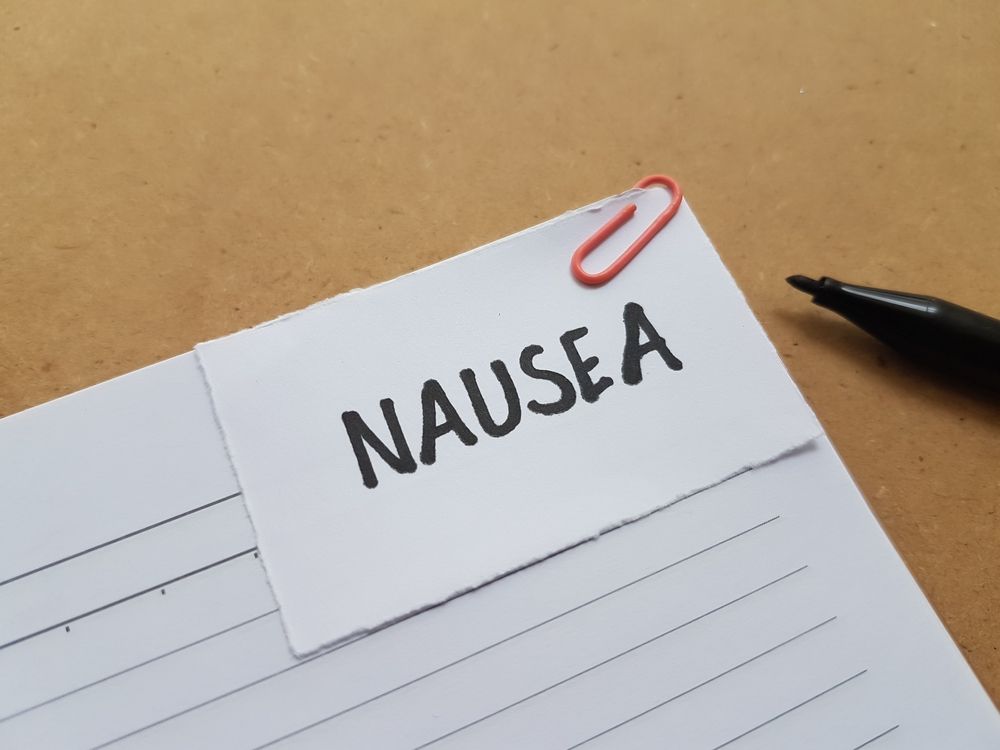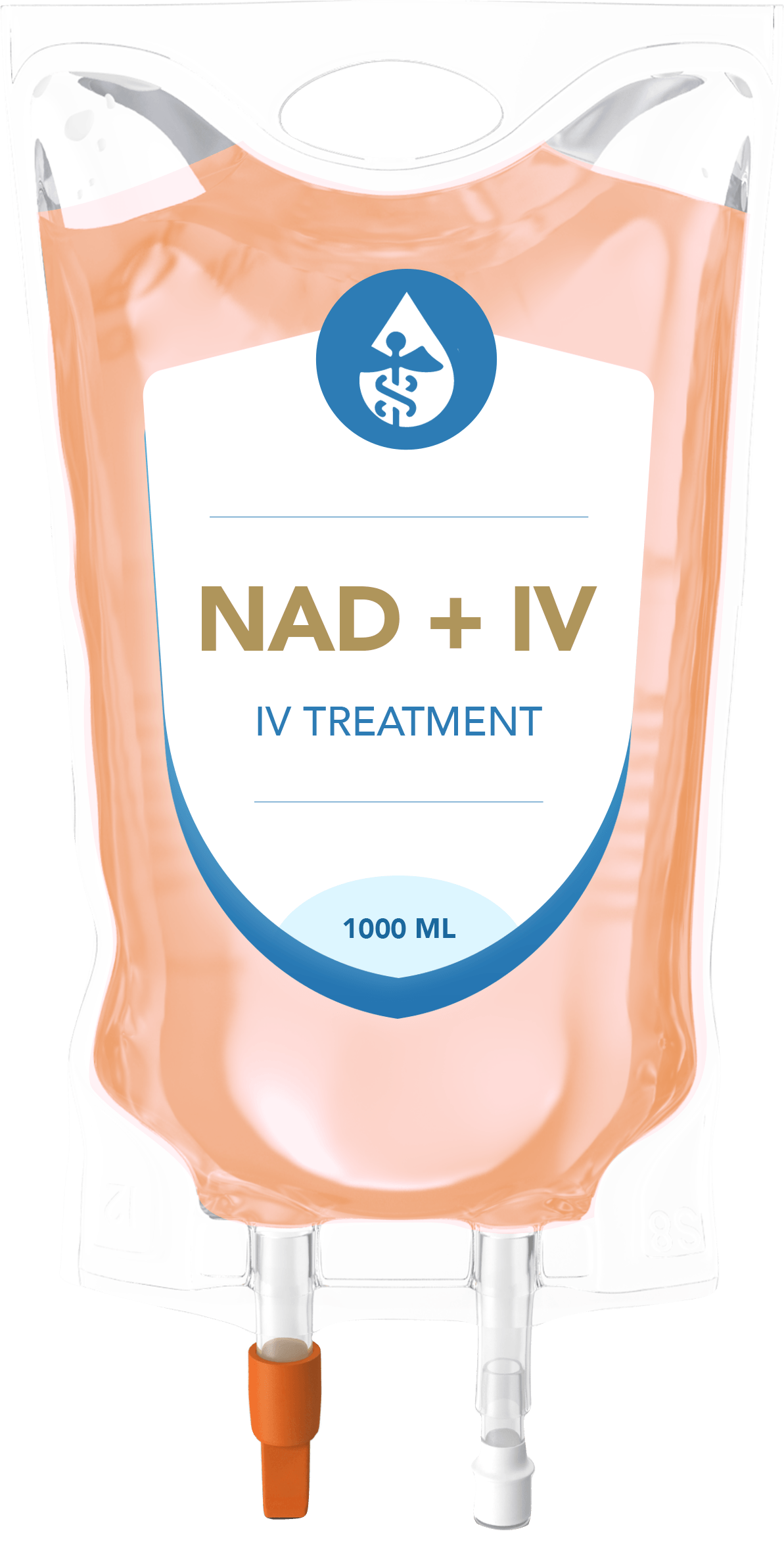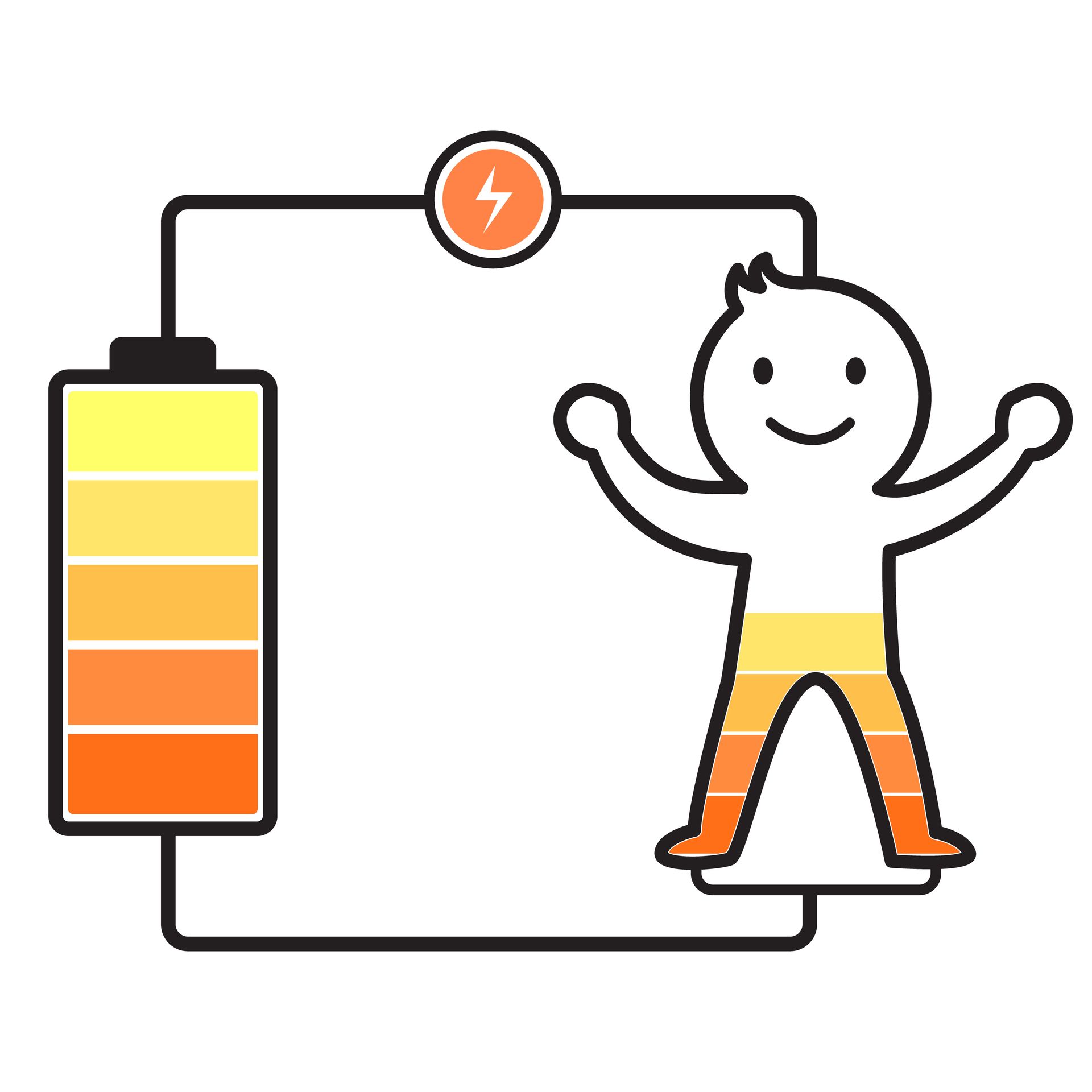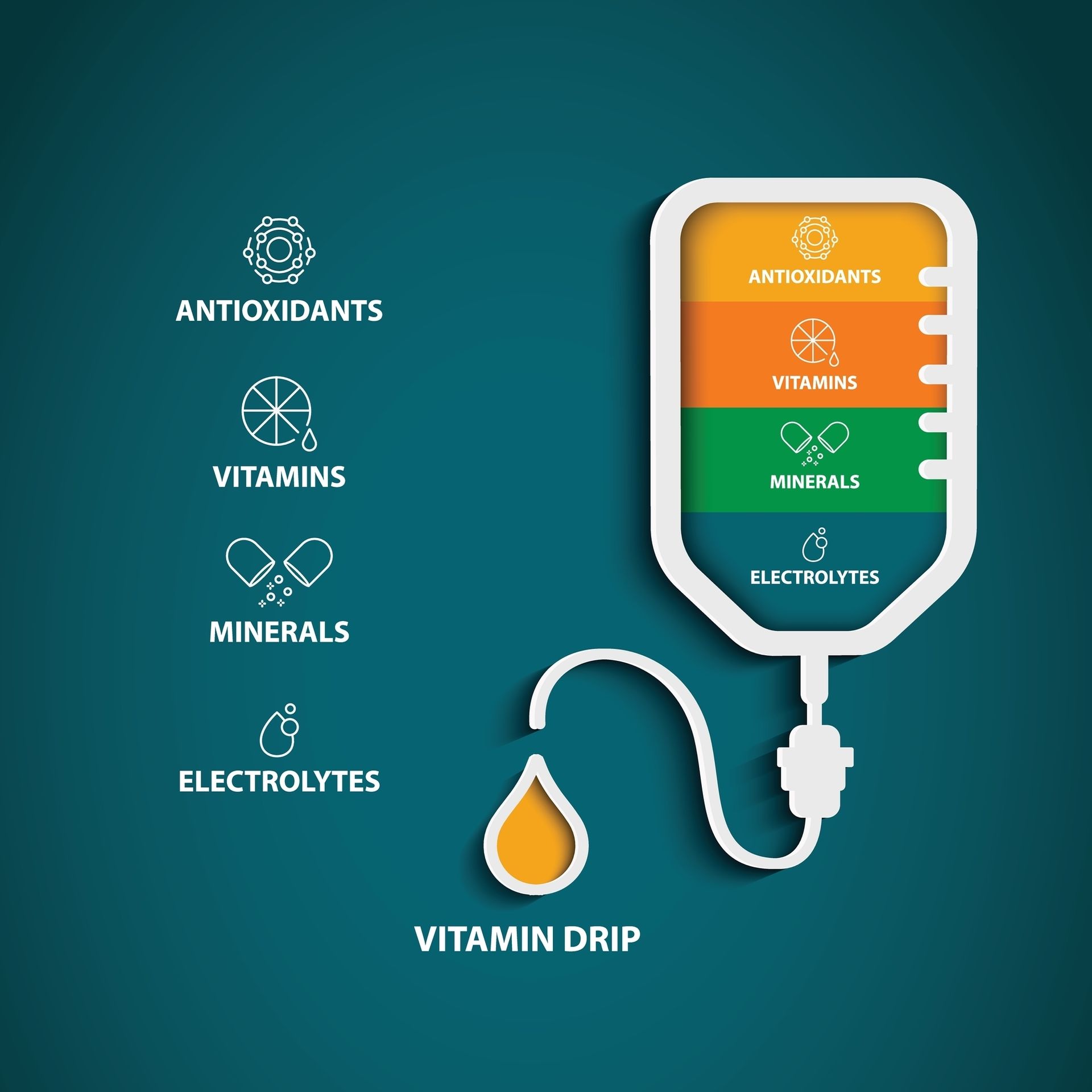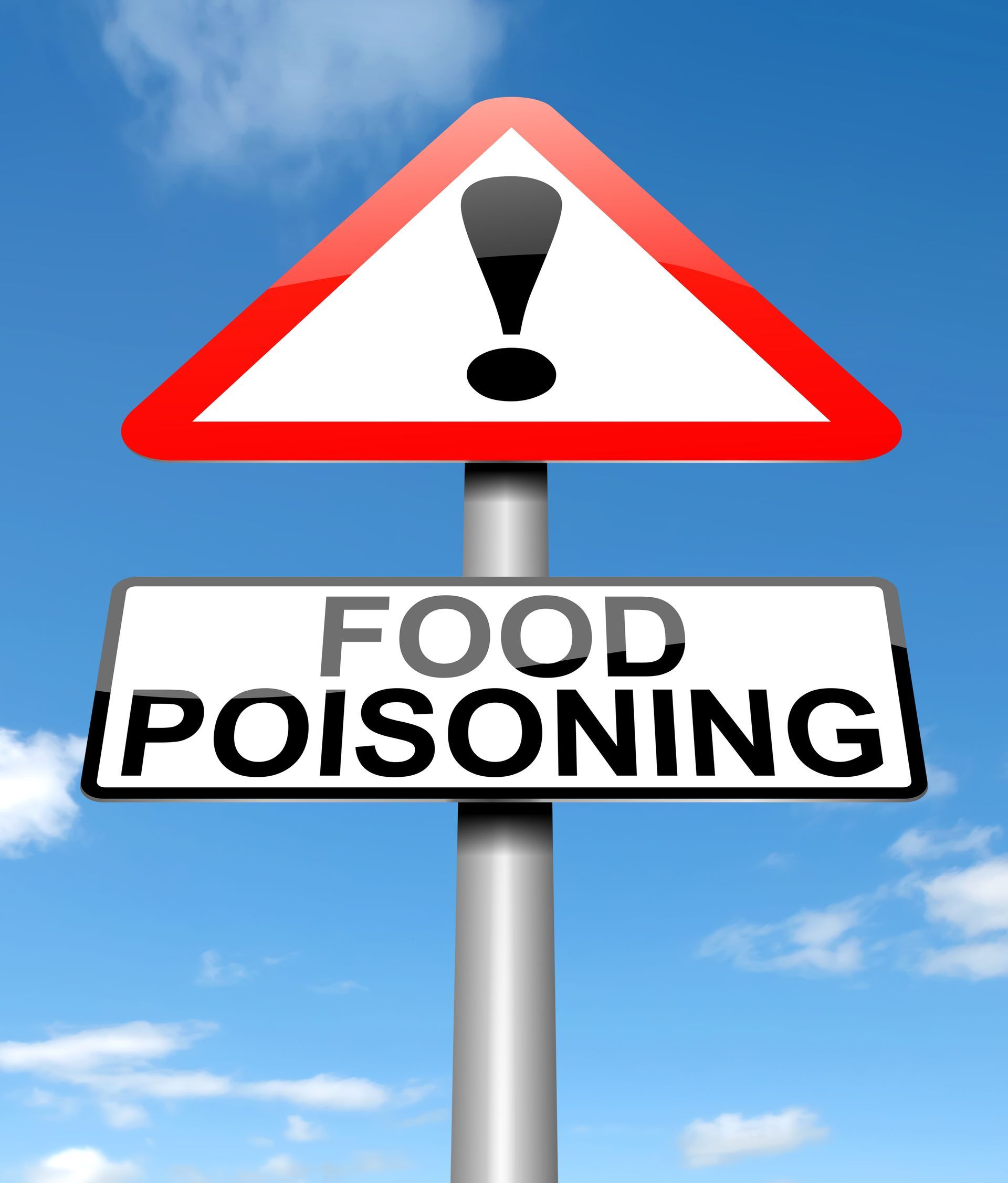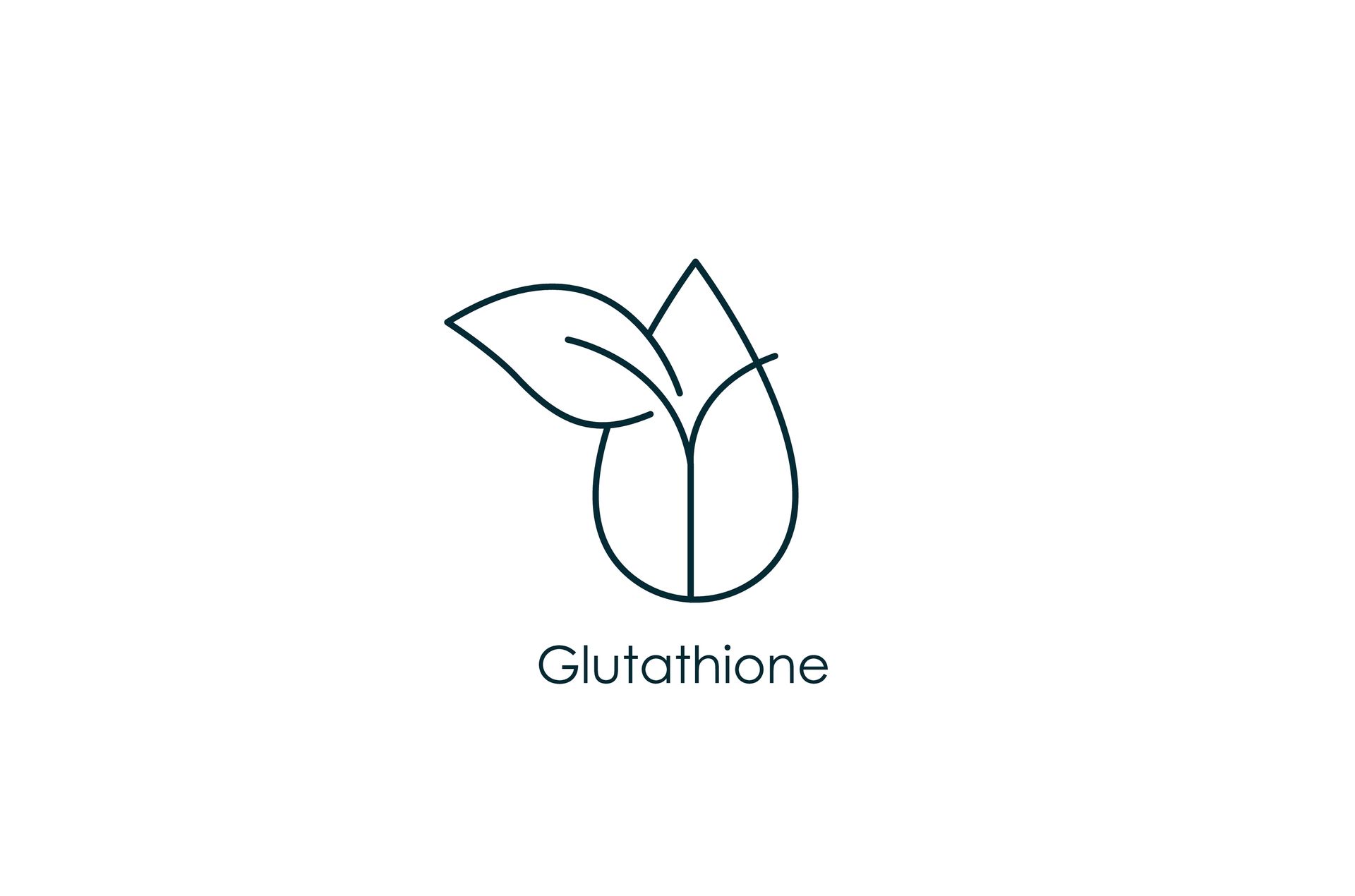Articles and Information
Hydration: Essential for Managing Stress and Boosting Energy

In our fast-paced world, finding balance and maintaining energy can often feel like a constant battle. One fundamental aspect that plays a significant role in our well-being is hydration. Surprisingly, many people overlook drinking enough water, not realizing how crucial it is for managing stress and boosting energy. This article delves into understanding hydration's importance, its connection to stress management, and practical tips for maintaining optimal fluid levels in your body.
Understanding the Importance of Hydration
The Role of Water in the Human Body
Water is not just a thirst-quencher; it is an essential component of our bodies, comprising about 60% of our total weight. Every cell and tissue relies on water to function effectively. It plays a critical role in:
- Regulating body temperature
- Transporting nutrients to cells
- Removing waste products through urination
- Lubricating joints
- Protecting organs and tissues
Without adequate hydration, these processes can be significantly impaired, potentially leading to various issues, including fatigue, confusion, and even chronic diseases. Furthermore, water is vital for maintaining skin elasticity and complexion, as it helps to flush out toxins and keep the skin hydrated from the inside out. A well-hydrated body can also enhance physical performance, as even a small decrease in hydration levels can lead to a noticeable decline in endurance and strength. Athletes, in particular, should pay close attention to their hydration status, as optimal fluid intake can improve recovery times and overall athletic performance.
Dehydration: A Silent Stressor
Dehydration often sneaks up on individuals, especially those who do not feel thirsty. When the body loses more fluids than it takes in, dehydration sets in. This condition can escalate, creating a breeding ground for stress and anxiety. Research indicates that even mild dehydration can result in:
- Increased cortisol levels, the body's primary stress hormone
- Difficulty concentrating and irritability
- Physical symptoms, such as headaches and fatigue
Recognizing and addressing dehydration is crucial in managing stress and maintaining overall well-being. It’s important to note that hydration needs can vary greatly depending on factors such as age, activity level, and environmental conditions. For instance, individuals living in hot climates or engaging in vigorous exercise may require significantly more fluids than those in cooler environments. Additionally, certain foods, particularly fruits and vegetables, can contribute to overall hydration, providing not just water but also essential vitamins and minerals that support bodily functions. Incorporating a variety of hydrating foods into your diet can be an effective strategy for enhancing your hydration levels while enjoying a diverse range of flavors and nutrients.
The Connection Between Hydration and Stress Management
How Dehydration Affects Stress Levels
Our bodies respond to dehydration similarly to how they react to other forms of stress. When we are dehydrated, the body perceives it as a threat, triggering the stress response. This can lead to increased anxiety levels and a feeling of being overwhelmed. Therefore, maintaining hydration is essential for a calm and clear mind.
Hydrating to Reduce Stress: The Science Behind It
Studies have shown a direct correlation between hydration levels and stress management. When we are adequately hydrated, we are more likely to feel relaxed, focused, and in control. Adequate water intake can:
- Improve mood and emotional stability
- Enhance cognitive function
- Reduce the likelihood of experiencing physical stress symptoms
By prioritizing hydration, we are not only nurturing our physical health but also taking significant steps toward managing stress effectively.
Hydration as an Energy Booster
The Impact of Hydration on Energy Levels
Feeling sluggish? It might be time to review your hydration habits. Dehydration can lead to significant drops in energy levels, as even a small deficiency can adversely affect physical performance and mental sharpness. Staying hydrated allows your metabolism to function optimally, resulting in:
- Increased energy production
- Improved endurance and performance in physical activities
- Enhanced mental clarity and focus
Thus, drinking enough water can invigorate both the body and mind, helping you power through daily tasks with ease.
How Proper Hydration Fuels Your Body
Proper hydration helps facilitate various bodily functions, including digestion, circulation, and nutrient absorption. When adequately hydrated, the body efficiently delivers oxygen and nutrients to cells and removes waste products. This process is vital for maintaining energy levels throughout the day.
Incorporating water-rich foods, such as cucumbers, tomatoes, and oranges, into your diet can also contribute to hydration and energy levels. These foods not only help supplement your water intake but also provide essential vitamins and minerals that boost energy overall.
Practical Tips for Staying Hydrated
Recognizing Signs of Dehydration
Awareness is the first step towards effective hydration. Some common signs of dehydration include:
- Dry mouth and thirst
- Dark yellow urine
- Fatigue and dizziness
- Headaches
Pay attention to these signals from your body, and address hydration needs proactively to avoid the negative effects of dehydration.
Hydration Habits to Incorporate into Your Daily Routine
Staying hydrated doesn't have to be a chore. Here are some simple habits to help you maintain optimal hydration:
- Start your day with a glass of water first thing in the morning.
- Carry a reusable water bottle with you throughout the day.
- Set reminders to drink water at regular intervals.
- Infuse your water with fruits or herbs for a refreshing twist.
- Monitor your water intake using apps or journals.
By implementing these habits, you can seamlessly integrate hydration into your daily routine.
The Role of Hydration in Overall Health
Hydration and Mental Health
The relationship between hydration and mental health is profound. Studies suggest that maintaining proper hydration can lead to improvements in mood, reduced anxiety, and overall better mental wellness. When our brains are well-hydrated, they function optimally, enabling us to handle life's challenges more effectively.
Physical Health Benefits of Staying Hydrated
In addition to its mental health implications, hydration offers numerous physical health benefits. Staying properly hydrated can help prevent kidney stones, urinary tract infections, and other conditions related to inadequate fluid intake. It promotes healthy skin, aids in digestion, and contributes to cardiovascular health by maintaining blood volume.
In conclusion, hydration is vital for managing stress and boosting energy levels. By understanding its importance and making intentional efforts to stay hydrated, you can significantly enhance your physical and mental well-being.
USEFUL LINKS
CONTACT US
If you think you may have a medical emergency, immediately call your doctor or dial 911.
This website does not provide medical advice. It is intended for informational purposes only. It is not a substitute for professional medical advice, diagnosis or treatment. Never ignore professional medical advice in seeking treatment because of something you read on the internet. These statements have not been evaluated by the Food and Drug Administration.
© 2021-2024 All Rights Reserved | Powered by OMG Marketing


